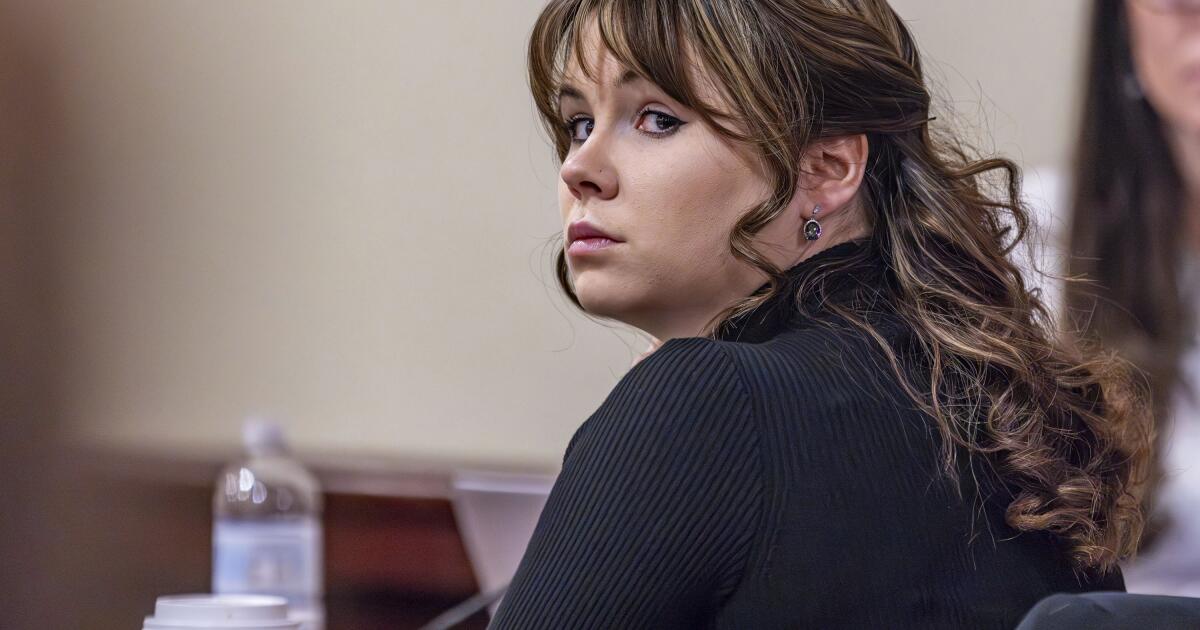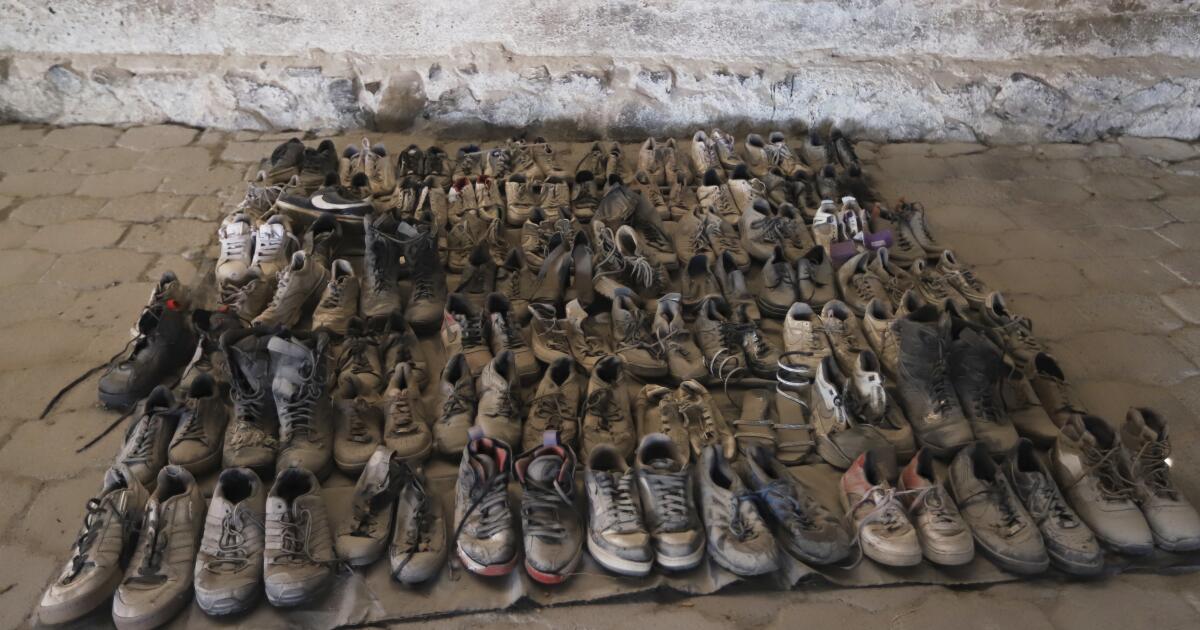KHARP, Russia (Reuters) -Alexei Navalny’s mother was told on Saturday that Russia’s most prominent opposition leader had been struck down by “sudden death syndrome” and that his body would not be handed over to the family until an investigation was completed, his team said.
Navalny, a 47-year-old former lawyer, fell unconscious and died on Friday after a walk at the “Polar Wolf” penal colony in Kharp, about 1,900 km (1,200 miles) northeast of Moscow, where he was serving a three-decade sentence, the prison service said.
Western leaders led by U.S. President Joe Biden paid tribute to Navalny’s courage and, without citing evidence, accused President Vladimir Putin of being responsible for the death. Britain said there would be consequences for Russia.
The Kremlin said the West’s reaction was unacceptable and “absolutely rabid”. Putin has yet to comment on Navalny’s death.
Navalny’s 69-year-old mother, Lyudmila, braved Arctic temperatures of minus 30 degrees Celsius (minus 22 degrees Fahrenheit) on Saturday to visit the penal colony where her son perished.
She was given an official death notice stating the time of death as 2:17 p.m. local time (0917 GMT) on Feb. 16, Navalny’s spokeswoman, Kira Yarmysh, told Reuters.
“When Alexei’s lawyer and mother arrived at the colony this morning, they were told that the cause of Navalny’s death was sudden death syndrome,” Ivan Zhdanov, who directs Navalny’s Anti-Corruption Foundation, said on social media platform X.
“Sudden death syndrome” is a vague term for different cardiac syndromes that cause sudden cardiac arrest and death.
It was also unclear where Navalny’s body was, his team said. His mother had been told that the body had been taken to Salekhard, the town near the prison complex but when she arrived at the morgue it was closed.
NAVALNY’S BODY
When contacted by Navalny’s lawyer, the morgue said it did not have Navalny’s body, Yarmysh said.
Later, they were told by officials that the body would not be handed over until the investigation was complete, though earlier they had been told that the investigation had discovered no traces of criminality.
“Right now we don’t have access to the body and we don’t know for sure where it is, and we demand that the Russian authorities immediately give Alexei’s body to his family,” Yarmysh said in an interview.
An employee at the only morgue in Salekhard told Reuters that Navalny’s body had not arrived.
The death of Navalny, a former lawyer, robs the disparate Russian opposition of its most charismatic and courageous leader as Putin prepares for an election that will keep the former KGB spy in power until at least 2030.
Navalny’s supporters – including in the West – had cast Navalny as a Russian version of South Africa’s Nelson Mandela, who would one day walk free to lead the country.
Some Russians, though, dismissed such a view as a classic case of wishful thinking, and pointed to an opinion poll showing that most Russians disapproved of him and that Putin was vastly more popular.
Russian authorities viewed Navalny and his supporters as extremists with links to the CIA intelligence agency, which they say is seeking to destabilise Russia. Navalny always dismissed accusations he was a CIA asset.
DESPAIR AND APATHY
Some Russians laid flowers in Moscow and other Russian cities to honour Navalny, though overnight hundreds of flowers and candles were removed in black bags.
In central Moscow, several dozen roses and carnations remained in the softening snow on Saturday at the monument to the victims of Soviet repression, which sits in the shadow of the former KGB headquarters on Lubyanka Square.
Vladimir Nikitin, 36, was alone laying a carnation at the Solovetsky Stone, which hails from the islands with the same name in the White Sea where one of the first “Gulag” forced labour camps was founded in 1923 by the Bolsheviks.
“Navalny’s death is terrible: hopes have been smashed,” Nikitin said. “Navalny was a very serious man, a brave man and now he is no longer with us. He spoke the truth – and that was very dangerous because some people didn’t like the truth.”
At the “Wall of Sorrow” memorial on the avenue named after Soviet physicist and dissident Andrei Sakharov, some Russians laid flowers beside pictures of Navalny. One message read: “We will not forget, nor shall we forgive.”
The OVD-Info protest-monitoring group said more than 270 people had been arrested across Russia at meetings and memorials to Navalny since his death was announced.
Opponents of Putin said that Navalny’s death illustrated just how dangerous Putin’s Russia had become 32 years after the 1991 fall of the Soviet Union ushered in hopes of a better future.
“Alexei didn’t die – he was murdered,” Navalny’s spokeswoman, Yarmysh, said. His vision, she said, would live on.
“We lost our leader, but we didn’t lose our ideas and our beliefs.”
(Writing by Guy Faulconbridge; Reporting by Reuters reporters in Russia; Andrius Sytas in Vilnius; Gleb Stolyarov, Felix Light and Fillip Lebedev in Tbilisi; Alexander Marrow and Lucy Papachristou in London; Editing by Frances Kerry and Sharon Singleton)

